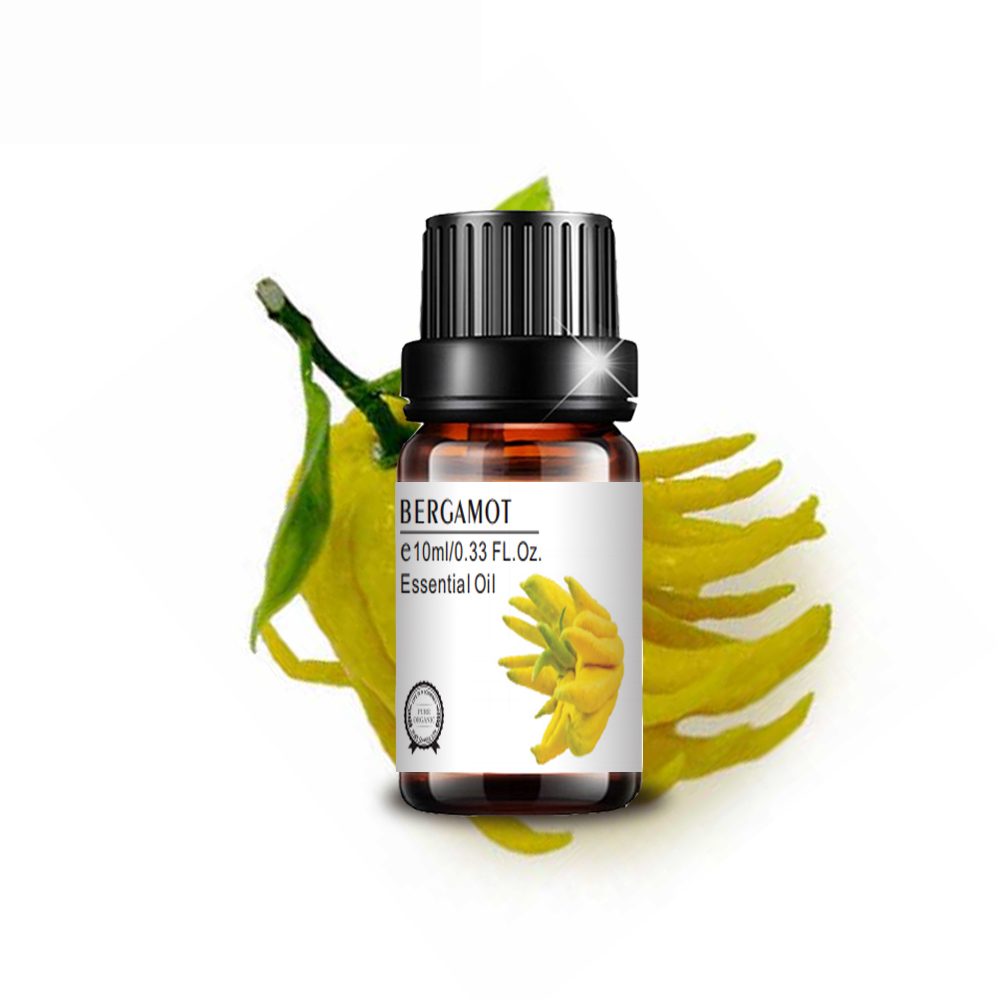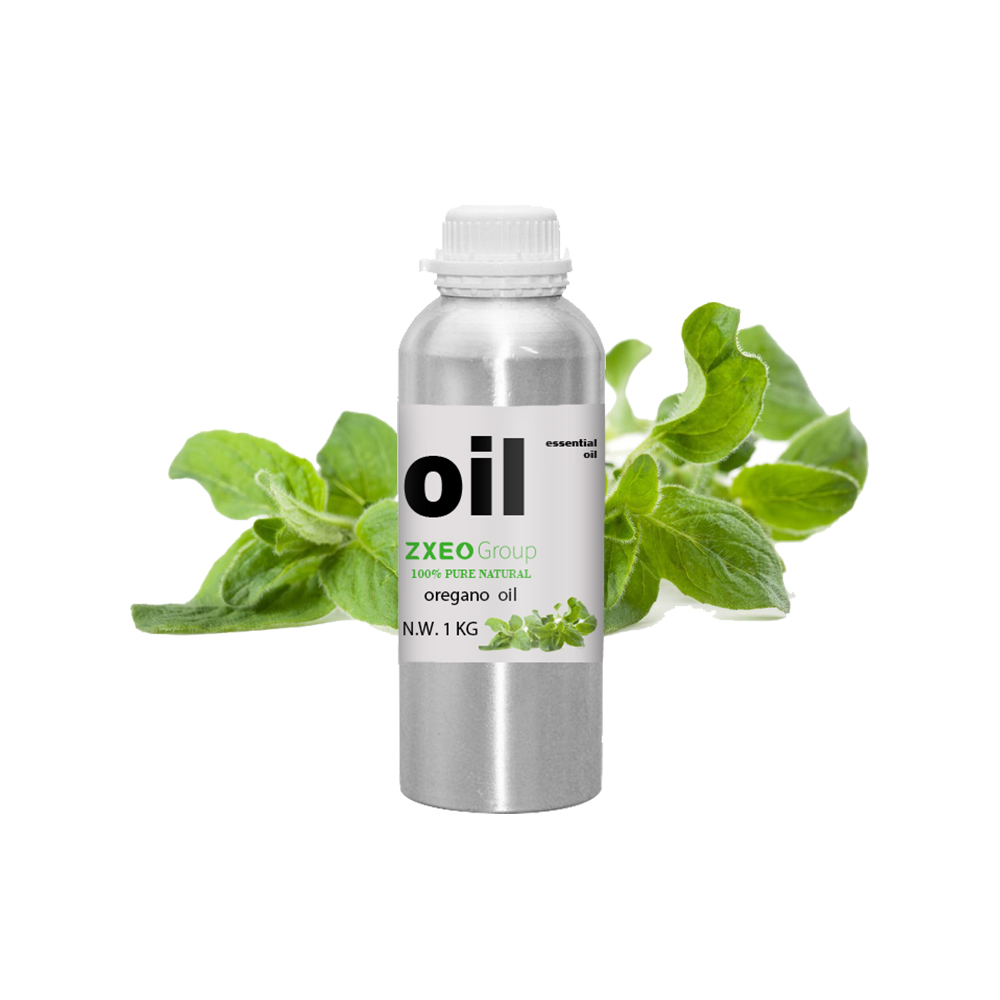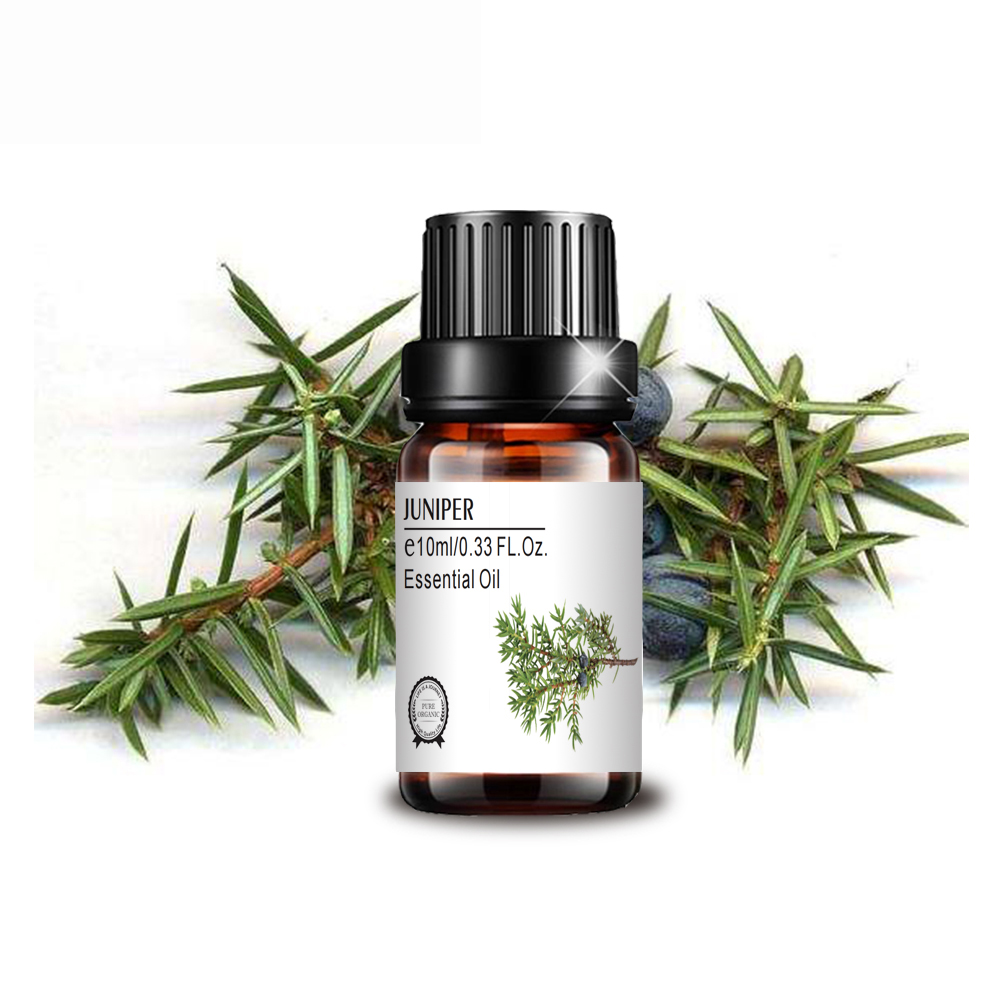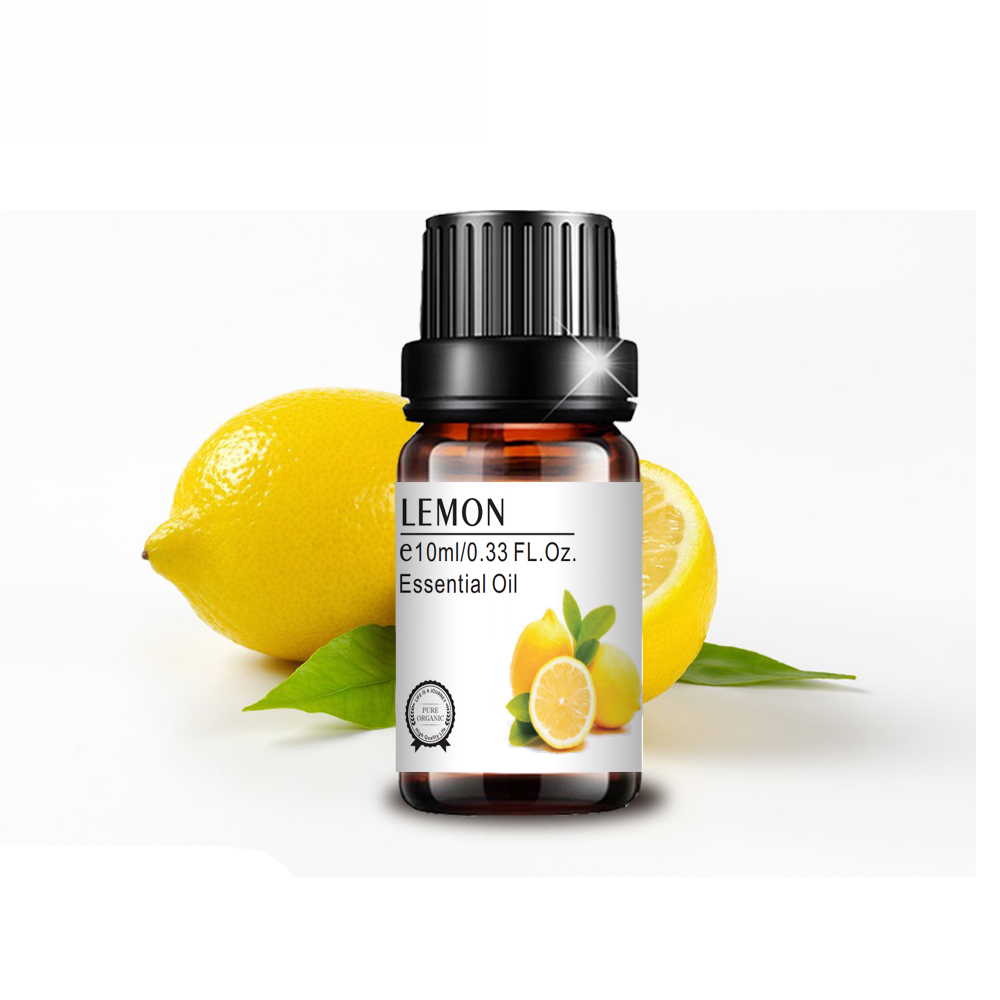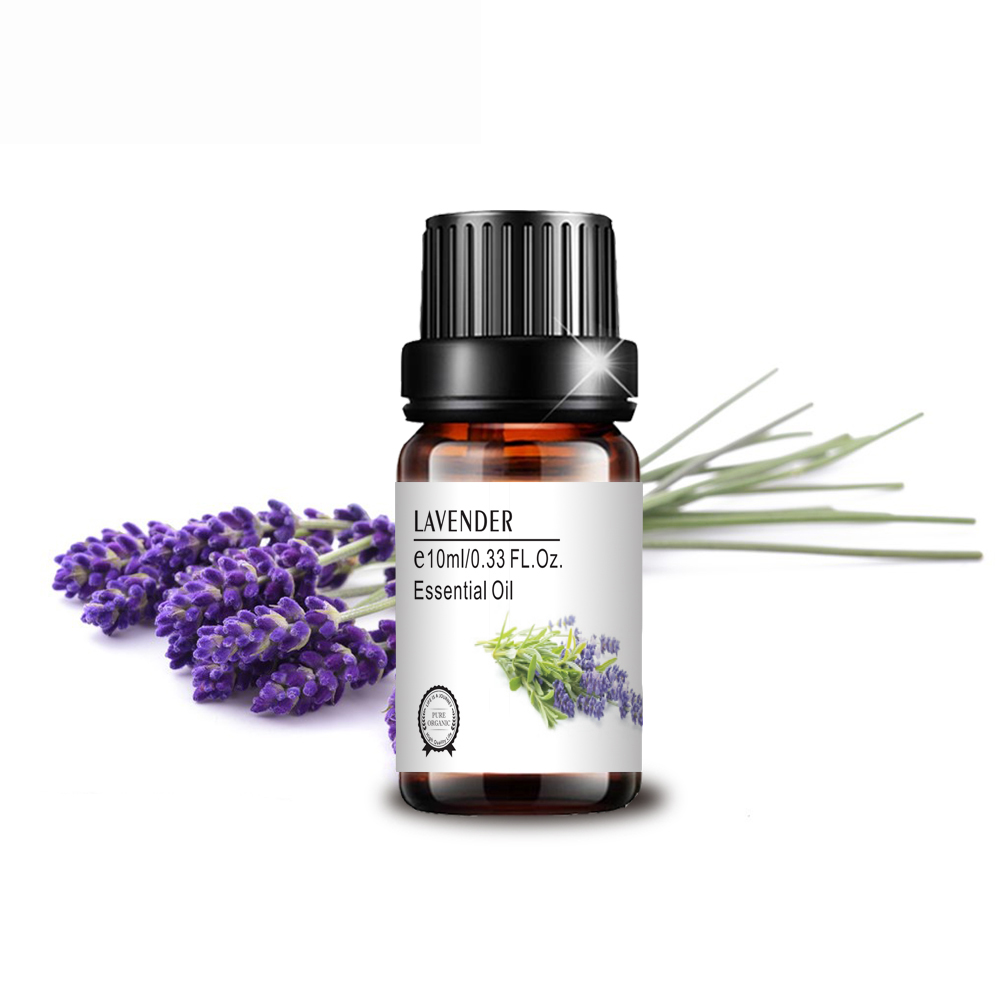short description:
Known to build confidence and enhance your mood, bergamot oil is one of the best essential oils for depression and it helps to alleviate stress and anxiety. In Traditional Chinese Medicine, bergamot is used to help with the flow of vital energy so the digestive system can work properly, and it’s also used to prevent the growth of bacteria, relieve muscle pain and boost the health of your skin. Yes, this is no one-trick pony!
Not only does bergamot oil boast some very impressive health benefits, it’s also one of the main constituents for manufacturing perfumes due to its ability to balance the mix of aromas and harmonize all of the essences, thereby enhancing the fragrance. It’s also used by the pharmaceutical industry, both to absorb the unpleasant smells of medicinal products and for its antiseptic and antibacterial properties.
If you are looking for a sweet, yet spicy, citrus-like fragrance that will leave you feeling calm, confident and at peace, then give bergamot oil a try. It’s benefits go far beyond it’s ability to boost your mood, too, with its positive effects on your cardiovascular, digestive and respiratory systems.
What Is Bergamot Essential Oil?
Where does bergamot oil come from? Bergamot is a plant that produces a type of citrus fruit and its scientific name is Citrus bergamia. It’s defined as a hybrid between a sour orange and lemon, or a mutation of lemon.
The oil is taken from the peel of the fruit and used to make medicine. Bergamot essential oil, like other essential oils, can be steam-distilled or extracted through liquid CO2 (known as “cold” extraction); many experts support the idea that cold extraction helps to preserve more active compounds in essential oils that may be destroyed by the high heat of steam distillation. The oil is commonly used in black tea, which is called Earl Grey.
Although its roots can be traced back to Southeast Asia, bergamot was more widely cultivated in the southern part of Italy. Bergamot essential oil was even named after the city of Bergamo in Lombardy, Italy, where it was originally sold. And in folk Italian medicine, bergamot was used for reducing fever, fighting parasitic diseases and relieving sore throat. Bergamot oil is also produced in the Ivory Coast, Argentina, Turkey, Brazil and Morocco.
There are a number of a surprising health benefits from using bergamot essential oil as a natural remedy. Bergamot oil is antibacterial, anti-infectious, anti-inflammatory and antispasmodic. It’s uplifting, improves your digestion and keeps your system working properly.
Bergamot Oil Benefits and uses
1. Helps to Relieve Depression
There are many signs of depression, including fatigue, sad mood, low sex drive, lack of appetite, feelings of helplessness and disinterest in common activities. Each person experiences this mental health condition in a different way. The good news is that there are natural remedies for depression that are effective and get to the root cause of the problem. This includes components of bergamot essential oil, which have antidepressant and stimulating qualities. Bergamot is known for its ability to promote cheerfulness, feelings of freshness and increased energy by improving the circulation of your blood.
A study conducted in 2011 suggests that applying blended essential oils to participants helps in treating symptoms of depression and anxiety. For this study, the blended essential oils consisted of bergamot and lavender oils, and participants were analyzed based on their blood pressure, pulse rates, breathing rates and skin temperature. In addition, subjects had to rate their emotional condition in terms of relaxation, vigor, calmness, attentiveness, mood and alertness in order to assess behavioral changes.
Participants in the experimental group applied the essential oil blend topically to the skin of their abdomens. Compared with the placebo, blended essential oils caused significant decreases of pulse rate and blood pressure. At the emotional level, subjects in the blended essential oils group rated themselves as “more calm” and “more relaxed” than subjects in the control group. The investigation demonstrates the relaxing effect of a mixture of lavender and bergamot oils, and it provides evidence for its use in medicine for treating depression or anxiety in humans.
And a 2017 pilot study found that when bergamot oil was inhaled for 15 minutes by women in the waiting room of a mental health treatment center. Researchers found that bergamot exposure improved the positive feelings of participants in the experimental group.
To use bergamot oil for depression and mood changes, rub 1–2 drops into your hands and cupping your mouth and nose, breathe in the scent of the oil slowly. You can also try rubbing 2–3 drops of bergamot on your stomach, back of neck and feet, or diffusing 5 drops at home or work.
2. Helps Lower Blood Pressure
Bergamot oil helps maintain proper metabolic rates by stimulating hormonal secretions, digestive juices, bile and insulin. This aids the digestive system and enables proper absorption of nutrients. These juices also assimilate the breakdown of sugar and can lower blood pressure.
A 2006 study involving 52 patients with hypertension indicates that bergamot oil, in combination with lavender and ylang ylang, can be used to reduce psychological stress responses, serum cortisol levels and blood pressure levels. The three essential oils were blended and inhaled daily for four weeks by patients with hypertension. Researchers found that the blood pressure, pulse, stress and anxiety levels, and cortisol levels were significantly different than those found in the placebo and control groups.
To help reduce your blood pressure and pulse rate, diffuse 5 drops of bergamot at home or work, or apply 2–3 drops topically to your temples and abdomen.
3. Prevents and Fights Infections
Bergamot oil is used in skin soaps because it helps to inhibit the growth of bacteria and fungi. According to a review published in Frontiers in Pharmacology, it has been reported that bergamot essential oil can inhibit the growth of Campylobacter jejuni, Escherichia coli, Listeria monocytogenes, Bacillus cereus and Staphylococcus aureus.
In vitro studies also show that bergamot oil may play a potential role in the topical treatment of Candida infections. And, in addition to this, lab studies indicate that components of bergamot, most notably linalool, is effective against common foodborne pathogens.
To take advantage of this amazing benefit, diffuse 5 drops of bergamot or apply 2–3 drops topically to your throat, abdomen and feet.
4. Relieves Stress and Anxiety
Bergamot oil is a relaxant — it reduces nervous tension, and works as a stress reliever and natural remedy for anxiety. A study published in Complementary Medicine Research indicates that when healthy females are exposed to bergamot oil vapors, they displayed psychological and physiological effects.
The volunteers were exposed to three experimental setups: rest alone, rest and water vapor, and rest and bergamot essential oil vapor for 15 minutes. Saliva samples were collected immediately after each setup and the volunteers completed profiles on their current mood, anxiety levels and fatigue levels.
Researchers found that the salivary cortisol levels were significantly lower in the bergamot group than in the rest alone group, and the bergamot group had improved negative emotions and fatigue scores. It was concluded that inhaling bergamot essential oil vapors exerts psychological and physiological effects in a relatively short period of time. No wonder bergamot is one of the top essential oils for anxiety.
To relieve stress and anxiety using bergamot oil, diffuse 5 drops at home or work, inhale the oil directly from the bottle or apply 2–3 drops topically to your temples and back of neck. You can also try my DIY Stress Reducing Solution that’s made with bergamot, lavender, frankincense and myrrh essential oils.
5. Alleviates Pain
Bergamot oil is a great way to reduce the symptoms of sprains, muscle aches and headaches. Instead of relying on pain killers that have nasty side effects, use this safe and natural oil to reduce pain and tension.
Research shows that bergamot oil has analgesic effects and can be used in complementary medicine to minimize tension in the body. And a review of pharmacological studies published in the International Journal of Molecular Sciences found that linalool — a component found in bergamot, lavender and rosewood oils — possesses several pharmacological activities, including anti-inflammatory, analgesic and anticonvulsant effects. Researchers believe that this may be linalool’s ability to block effects on pain receptors and inhibit the release of substance P, a compound that’s involved in the transmission of pain and other nerve impulses.
To reduce pain, rub five drops of bergamot oil on sore muscles or where you feel tension. To cover a larger surface area, combine bergamot with a carrier oil like coconut oil.
6. Boosts Skin Health
Bergamot oil has soothing, antiseptic, antibacterial and anti-inflammatory properties, so it works well to boost the health of your skin when applied topically. Bergamot essential oil can be used to get rid of scars and marks on the skin, tone the skin and soothe skin irritations. In Italian folk medicine, it was used to facilitate wound healing and was added to homemade skin disinfectants.
To improve the health of your skin or promote healing, put five drops of bergamot oil on a cotton ball or pad and rub it on the infected area. You can also add 10 drops of bergamot oil to your warm bath water — the benefits of a bergamot oil bath go way beyond your skin. It’s great for your mood and reducing built-up tension.
FOB Price: US $0.5 - 9,999 / Piece
Min.Order Quantity: 100 Piece/Pieces
Supply Ability: 10000 Piece/Pieces per Month
